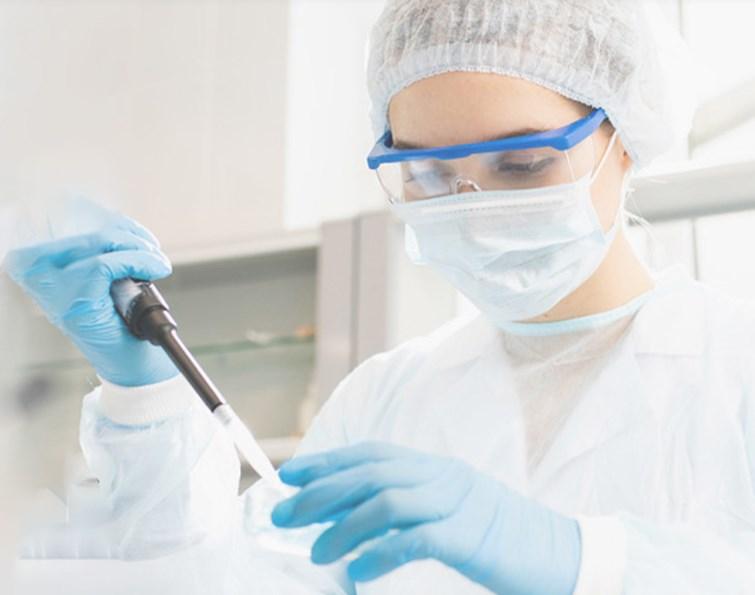Material science and properties of plastic PCR tubes

In the research and practice of molecular biology, plastic PCR tube is a key consumable in the Polymerase Chain Reaction, and its material selection and characteristics are directly related to the reliability and accuracy of the experiment. In this paper, the properties of the materials used in the plastic PCR tube, especially the thermal stability and chemical inertness of Polypropylene (PP), were deeply discussed. Also, it was found that the properties affected the effect of the PCR experiment.
Thermal stability of polypropylene
At the heart of PCR experiments lies the amplification of DNA fragments through a precisely controlled temperature cycle, a process that typically involves phases of high temperatures up to 95°C. Polypropylene is ideal for the manufacture of plastic PCR tubes because of its good thermal stability. At such high temperatures, polypropylene is able to maintain structural integrity and physical properties without softening, melting or deformation, thus ensuring that the samples and reagents in the plastic PCR tube are not affected by changes in the container itself during the thermal cycle. This stable thermal performance is essential to maintain the accuracy and consistency of PCR reactions.
Chemically inert and corrosion resistant
PCR reaction fluids often contain a variety of chemical components, such as buffers, primers, DNA polymerases, and DNA templates. The chemical inertness of polypropylene means that it does not react with these chemicals, nor does it adsorb or release anything that might interfere with the PCR process. The non-reactive plastic PCR tube ensures the purity of the PCR reaction and avoids sample contamination or loss of activity due to the container material, thus improving the reliability of the experimental results.
Biocompatibility and low adsorption
The polypropylene material also has good biocompatibility, which means that it does not have adverse effects on biological samples. In the PCR process, the extremely low surface adsorption properties allow samples and reagents to remain in the solution to the maximum, rather than being adsorbed by the tube wall, which is especially important for microquantization of samples, helping to improve the efficiency and sensitivity of the PCR reaction.
Cleanliness and sterility
Plastic PCR tubes used for PCR are required to meet extremely high cleanliness standards during the production process to avoid any possible foreign contaminants. The polypropylene material is easy to process into a dust-free, sterile finished product, which helps reduce background noise in PCR experiments and ensures the accuracy and repeatability of results.
- Art
- Causes
- Crafts
- Dance
- Drinks
- Film
- Fitness
- Food
- Spellen
- Gardening
- Health
- Home
- Literature
- Music
- Networking
- Other
- Party
- Religion
- Shopping
- Sports
- Theater
- Wellness


